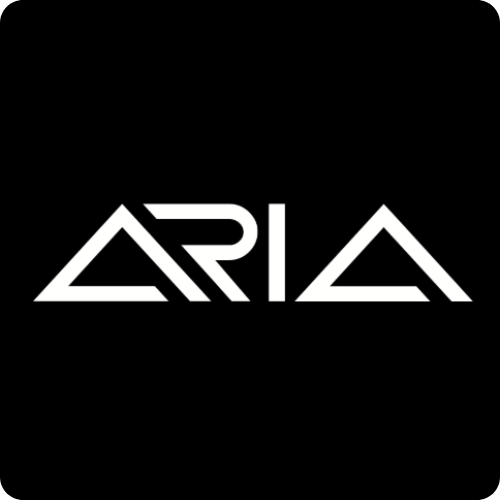
Flow Carbon
Flowcarbon is a climate technology company focused on the Voluntary Carbon Market (VCM). Its mission is to make carbon markets more transparent, liquid, and accessible, through the use of blockchain technologies, thereby accelerating the flow of capital directly to projects that reduce or remove carbon emissions from the atmosphere. The company addresses critical inefficiencies in the traditional carbon market, such as opaque pricing, high transaction costs, and limited access for smaller participants.
The core of Flowcarbon's model is the tokenization of high-quality, verified carbon credits. Each token represents a real-world, certified tonne of carbon offset. This process creates a transparent and immutable record of ownership and transactions, enabling credits to be traded efficiently on digital marketplaces. One of the company’s initial token concepts was the Goddess Nature Token (GNT), designed as a liquid asset backed by a bundle of nature-based carbon credits.
By creating a more functional and efficient market infrastructure, Flowcarbon aims to provide project developers with faster access to financing and better price discovery. For buyers, from large corporations to individuals, it offers a more direct and transparent way to purchase credits and offset their carbon footprint.
Project Information
Related Projects

LAToken is a global cryptocurrency exchange established in 2017, headquartered in Malta. It offers trading options for a wide array of digital assets, with a particular focus on providing liquidity for new tokens and facilitating Initial Exchange Offerings (IEOs).
The exchange offers several key trading services, including spot trading, crypto-to-crypto margin trading, and perpetual contracts. Beyond traditional trading, LAToken supports staking programs, enabling users to earn rewards on their holdings, and features a non-fungible token (NFT) marketplace. The platform boasts a significant number of listed cryptocurrencies catering to both popular and lesser-known altcoins.
It has its own native utility token, LA (an ERC-20 token), which is used for various functions on the platform, such as paying trading fees, often at a discounted rate, and participating in certain platform-specific activities.
LAToken serves as a comprehensive cryptocurrency exchange where users can engage in spot trading across a wide selection of digital assets and also explore crypto-to-crypto margin trading and perpetual contracts for more advanced strategies.

Coming soon..

The Aria Network is an integrated media company founded in 2018 and based in Los Angeles, California. Its focus is on creating immersive digital experiences that bridge the gap between physical and virtual assets. Aria works with global brands, sports leagues, and celebrities to develop new forms of engagement through augmented reality and other digital technologies.
Aria's primary product is the Aria Exchange, a platform for non-fungible tokens (NFTs). A key feature of the exchange is the concept of "living NFTs," which allows creators to continuously add new content and value to a token after its initial purchase. The platform is designed to be carbon-negative, tracking the carbon footprint of each transaction and offsetting it through partnerships.
The Aria Exchange is built with a direct and foundational connection to the Hedera network. Every NFT minted and traded on the Aria Exchange is securely stored on the Hedera distributed ledger. This integration provides an immutable and transparent record of ownership and transaction history for every digital asset.

The Hyperledger Fabric plugin for Hedera Consensus Service (HCS) enables Hyperledger Fabric networks to utilize the Hedera public network for transaction ordering. This plugin allows developers to replace or augment traditional Fabric ordering services such as Raft or Kafka with HCS, leveraging Hedera's asynchronous Byzantine Fault Tolerant (aBFT) consensus mechanism.
The core function of the plugin is to have Fabric orderer nodes submit endorsed transactions to a designated topic on the Hedera Consensus Service. HCS then assigns these transactions a unique, immutable, and verifiable consensus timestamp and sequence. Fabric orderers subscribe to this topic via a Hedera mirror node, retrieve the ordered transactions, and use this sequence to consistently form blocks and propagate them within the private Fabric network.
By integrating HCS, Hyperledger Fabric applications gain several benefits including enhanced trust and decentralization in the ordering process, public verifiability of transaction sequences for increased auditability, and potentially reduced operational complexity compared to managing a traditional private ordering service.
